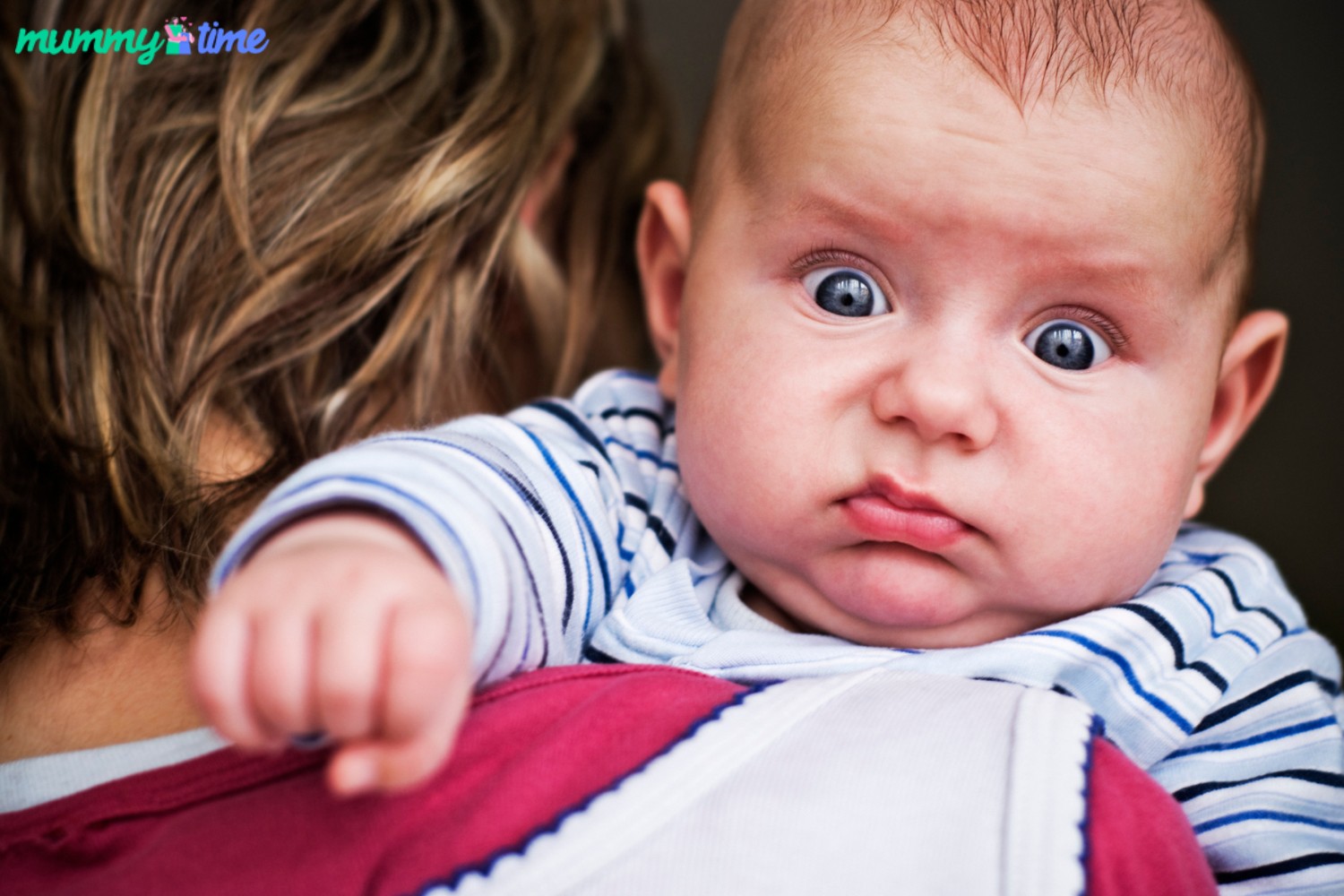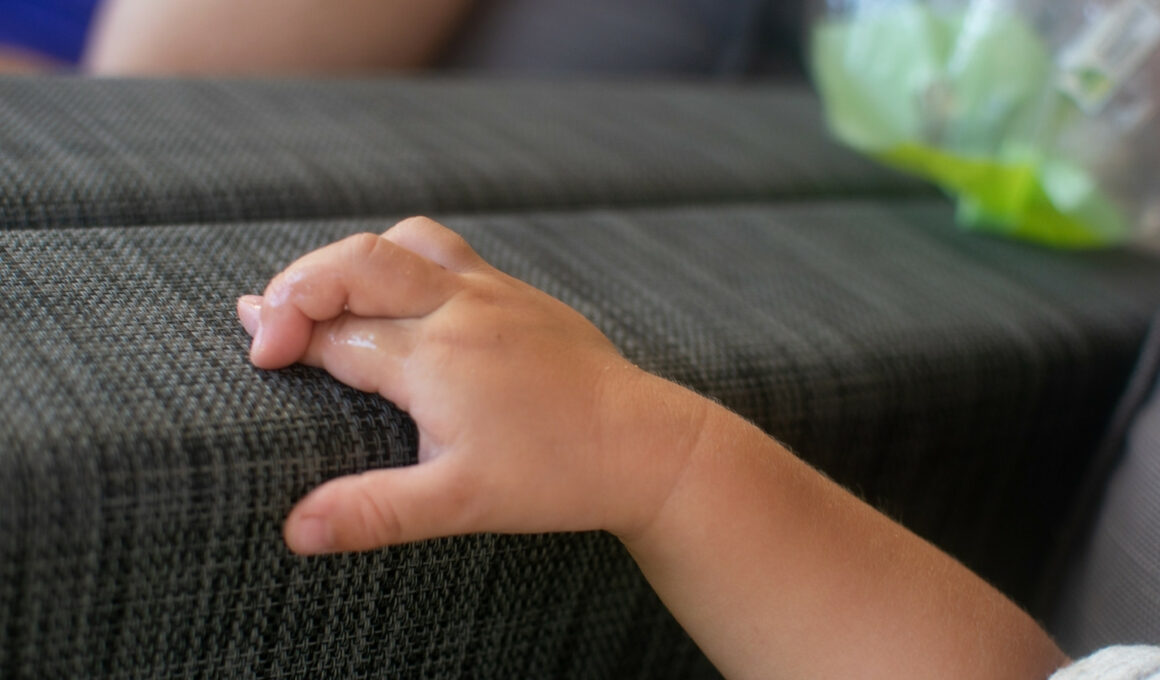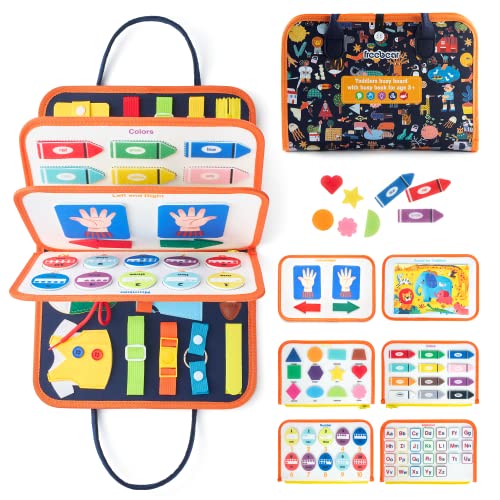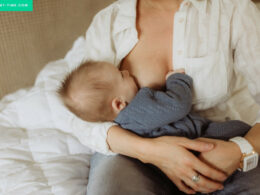In This Article Show
Have you noticed your baby crossing his fingers severally? If so, trust me when I say you are not alone in this. As parents, we can not always know it all as babies are fond of outgrowing and developing different habits all the time.
There have been a few misconceptions on the part of unknowing parents that finger crossing is a sign of autism in children, and it is assumed that the baby is autistic. However, it is preeminent to note that this is not always true as this sudden behavioral pattern can mean different things, most of which should not be a reason to worry.
Crossing finger is a common baby behavior, but it can be baffling when you are observing it for the first time. If you are searching for answers as to what it means and what to do about this behavior, you have to the right place. Now, let’s dig deeper into finger-crossing in babies.
Is It Normal For Babies To Cross Fingers?
Yes, it is normal for babies to cross their fingers. At the very early stage, babies do not have the motor skills to cross their fingers; this control and coordination develops at the toddler stage (1 – 2 years).
It is typical for newborn babies to perform random hand gestures like forming a fist, spreading their fingers as well as other reflexive finger movements, however, as they grow older they become more intentional about moving and placing their fingers in certain ways like crossing them.

Is Finger Crossing A Sign Of Autism In Babies?
It is best to note that finger-crossing doesn’t necessarily mean your baby is showing signs of autism. Although children with autism may constantly flicker or cross their fingers in certain ways, finger crossing is not a determining factor for autism.
Great deals to snatch for your little ones 🎉
Look out for other signs such as emotional reactions or unusual mood, delayed communication skills, slow cognitive/learning skills, impulsive or hyperactive behaviors, epilepsy, or seizure disorder.
If you notice any of these signs and a finger-crossing habit, you should best speak to a doctor.
What Does It Mean When Babies Cross Their Fingers?
The following is what it means when babies constantly cross their fingers;
1. Motor Skill Development
Finger crossing is a very common motor skill development in babies. It is usually a reflexive movement and most times it is not intentional. It is typically a sign of an early developmental process in which they gradually have control over time.
2. Stress And Anxiety
Babies sometimes cross their fingers to cope with stress and anxiety. Babies are fond of self-soothing in several unusual ways, finger-crossing could be the way your baby wards off bad energy such as fear.
3. Sensory Overload
It is common for babies to repeatedly indulge in finger crossing due to sensory processing difficulties or overload. This means your baby may be having a tough time handling some stimulations, sensations, or emotions and uses finger crossing as a way to ease off the multitude of emotions they feel at the time to make them feel more comfortable.
What To Do When Babies Cross Fingers
There is absolutely nothing wrong with this behavior so there is usually no need for any specific set of actions to take about this. It is okay to allow your baby to cross their finger as this could be their way of relieving themselves of stress and anxiety.
Moreso, finger crossing is a normal motor skill development and should not be discouraged. That said, if you are not so pleased with this behavior, you can try to distract your baby from crossing their fingers by engaging them in other activities that would require using their fingers.
Nevertheless, suppose your baby is showing other signs of autism, consistently keeping their index and middle fingers crossed, or having some difficulties straightening out their finger.
In that case, it is best to consult with your doctor immediately to rule out any possibility of an underlying health condition and also get personalized medical advice.
Wrapping Up
It is very natural for babies to develop some unsettling behaviors that can rile up parents into worrying. However, in the case of finger crossing, there is no reason to be worried as this behavior is often a developmental milestone for babies.
That said, there is a slight chance of an underlying condition, so it is best practice to seek the help of a medical practitioner regarding your baby’s habit to rule out any possible health issue. Ultimately, allowing your baby to explore and naturally develop their motor skills is recommended.













